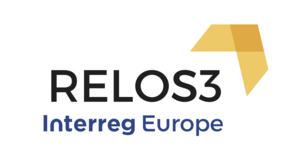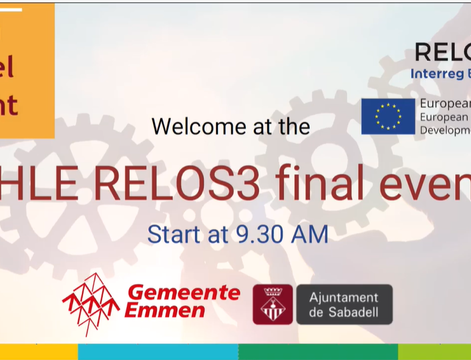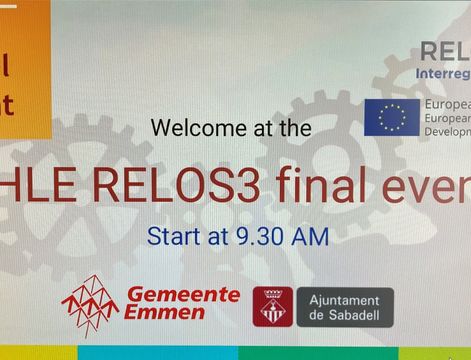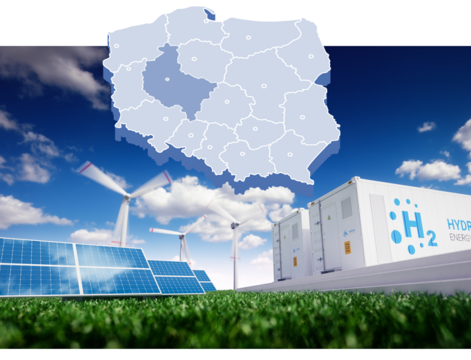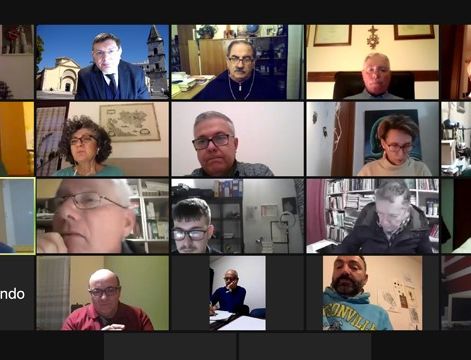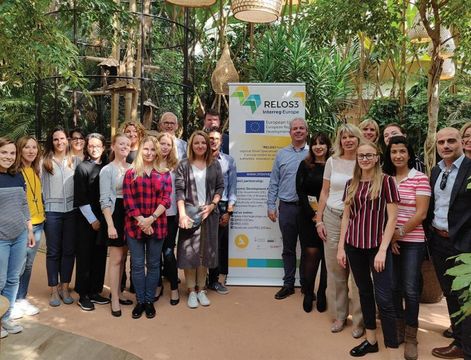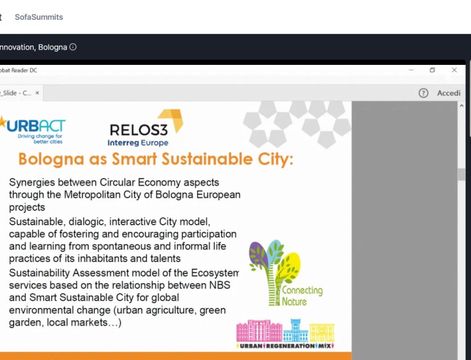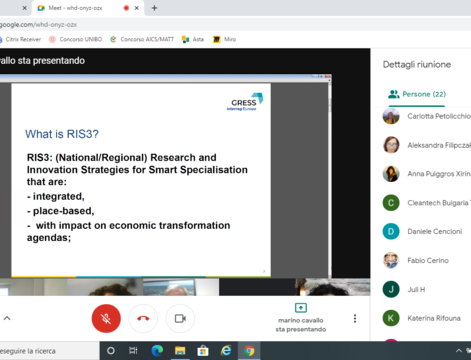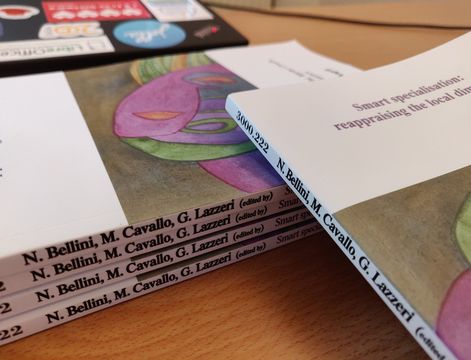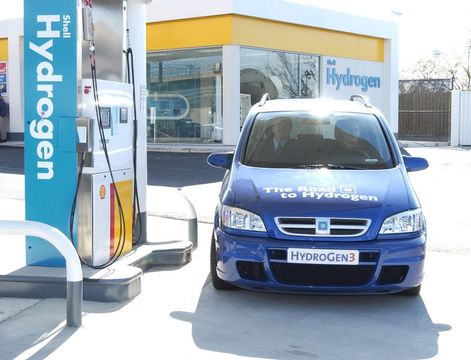Local dissemination event: two projects of Italian partner are the front-runners in measuring the sustainability of businesses
On Tuesday 29 May 2018 a conference was held in Bologna, with the overall goals to measure sustainability by means of the budget dedicated to sustainability by businesses and local and regional governments. Emilia-Romagna is one of the most green Regions in Italy giving work to almost 33 thousand people in the sector of environmental sustainability.
This presented a great opportunity for RELOS3 partner Metropolitan City of Bologna to communicate the progress of European projects related to environmental aspects: RELOS3 and Connecting Nature. Participants were interested to hear about some of the best practices that have been selected and that can stimulate interactive learning processes at the transnational, local and institutional levels.
In Connecting Nature (funded by the Horizon 2020 programme), 37 partners, from 19 European countries, cooperate to promote urban projects that benefit from the so-called "nature-based solutions" or urban solutions that use nature as a minimum common denominator.
Both projects form interconnected community of cities and businesses, fostering peer-to-peer exchange and learning and cross-disciplinary capacity building.
Among the contents of the other interventions of the conference it is interesting to underline how the renewal of the agreement between the Municipality of Bologna and the Bologna Accountants' Association, active since 2014, will have the task of establishing forge links between organisations committed to environmental improvement. The activities will offer interesting services to participating companies such as training and information, financial opportunities and other forms of incentives.
There was also talk of Industry 4.0 and how digital technologies can minimize the use of energy, water and raw materials, reduce polluting emissions and better organize the end of life of the product. Moreover, the goal of our cities by 2050 is to become a solar community and to make the most of the sun. The region has already achieved a 12.4% reduction of CO2 from 2005 to 2013, thanks to the Sustainable Energy Action Plan that the region has developed.
